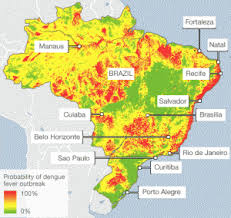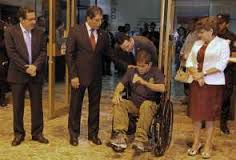Josh Brent the former Dallas Cowboys player is set to stand trial on Monday for the death of a teammate in a car wreck back in 2012. Brent is being tried on allegations that he was driving a car drunk and caused the death of Jerry Brown a Dallas Cowboys’ teammate.
If Brent is convicted of manslaughter or intoxication manslaughter he could receive up to 20 years behind bars, but he could also be put on probation.
Brent’s attorney argued that his client is deserving of probation. While the mother of Brown says, she has forgiven Brent, who was a friend and college teammate of her son’s.
However, prosecutors have given priority to Brent’s case and it arrives for trial following weeks of debate in another case that ended with a motorist, who was just a teenager, receiving probation for a drunken car wreck that cost four people their lives in 2013.
Brent’s attorney, George Milner has said Brent was struggling for months following the accident. The Cowboys placed Brent on leave following the accident and he retired in 2013. Several players from the Cowboys will testify during what is expected to be a trial of two weeks.
Some of the players testifying were drinking with both Brown and Brent the night the accident occurred when Brown was killed.
Milner said all his client had was Brown and his other Cowboys teammates and now he has neither.
On December 8, 2012, Brown and Brent were on their way home following a night out. The two were close friends and roommates from their time at the University of Illinois. Brent played defensive tackle and had played in all of the Dallas games in the 2012 season until the accident occurred.
Brown played linebacker and was part of the practice squad during that same season.
Police say that Brent was speeding in his Mercedes when it hit one side of the highway in Irving, a Dallas suburb. The car then flipped at least once. When police arrived, they said they witnessed Brent attempting to drag Brown from the fiery vehicle.
Tests shortly thereafter showed that Brent’s blood alcohol level had been twice more than Texas’ legal limit.



